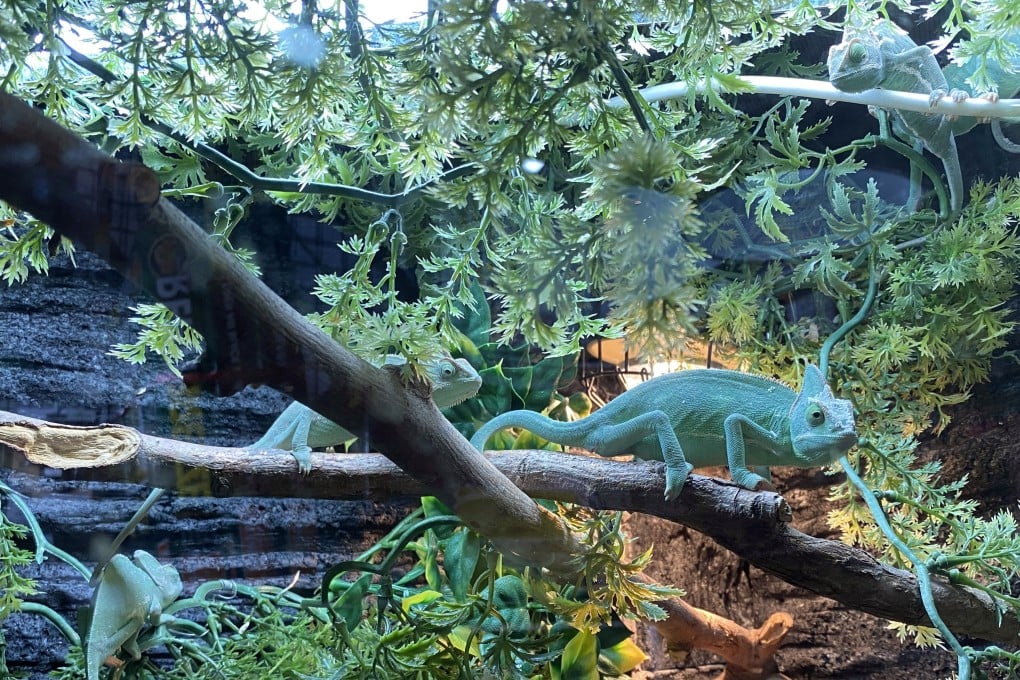Advertisement
Opinion | Regulate Hong Kong’s exotic pet trade to stop invasive species
Considering the harm done to biodiversity, authorities should ban the trade of non-native pet species that are invasive, dangerous or difficult to care for
Reading Time:3 minutes
Why you can trust SCMP

Invasive alien or non-native species are a major driver of biodiversity loss, which has been estimated to be one of the causes of the millions of species of plants and animals currently at risk of extinction.
Advertisement
According to a report by the Intergovernmental Science-Policy Platform on Biodiversity and Ecosystem Services, more than 3,500 invasive species have had significant negative impact on indigenous species and ecosystems, and the annual global costs of alien species invasions are estimated at around US$423 billion.
The trade database of the Convention on International Trade in Endangered Species shows that Hong Kong imported over 5.7 million live reptiles between 2000 and 2022, as well as many other types of animals as pets or for other purposes. In fact, our city is a global hub in the reptile trade.
One commonly imported turtle, the red-eared slider, is listed in the International Union for Conservation of Nature’s “100 of the World’s Worst Invasive Species”. This inexpensive turtle is widely available in pet shops across Hong Kong. Many find their way to our waterways where they compete for resources with native turtles, many of which are at risk of extinction.
Currently, the Agriculture, Fisheries and Conservation Department inspects country parks and sites of special scientific interest to monitor invasive alien species. When such species are found they can be removed or eradicated, but some, such as the red fire ant and Mikania climbers, manage to persist and make this task difficult and ineffective.
Even species dangerous to humans can sometimes be found for sale in local pet shops and on the internet. Venomous scorpions and spiders, snakes and poisonous dart frogs, all of which have the potential to cause harm, can be bought. Based on data from the Hong Kong Poison Control Centre, 10 per cent of the 290 snakebite cases between 2021 and 2023 involved pet snakes.
Advertisement

Advertisement


